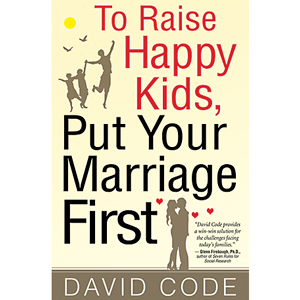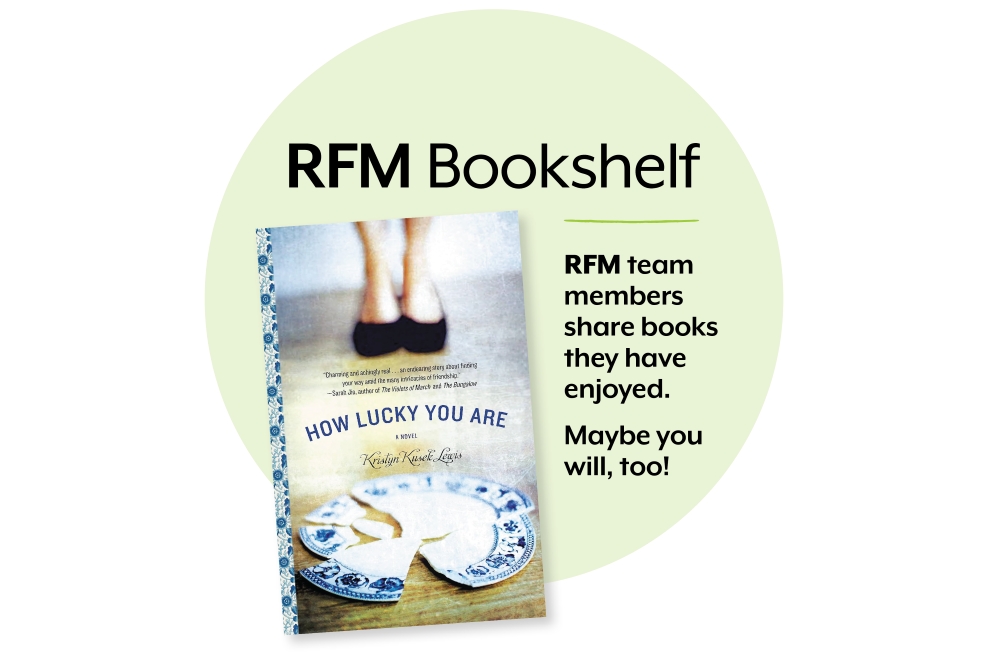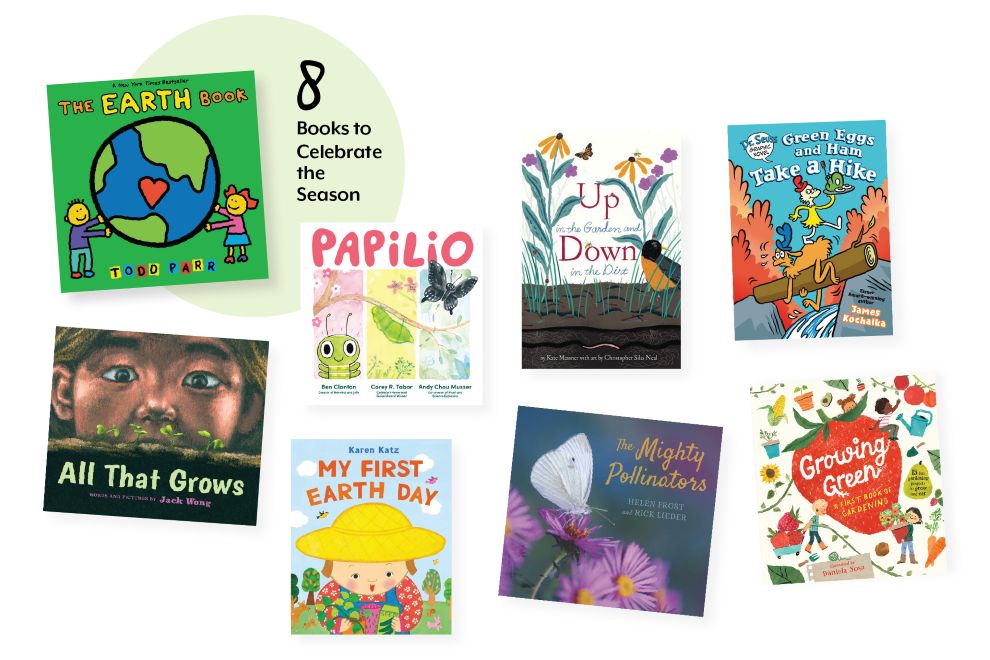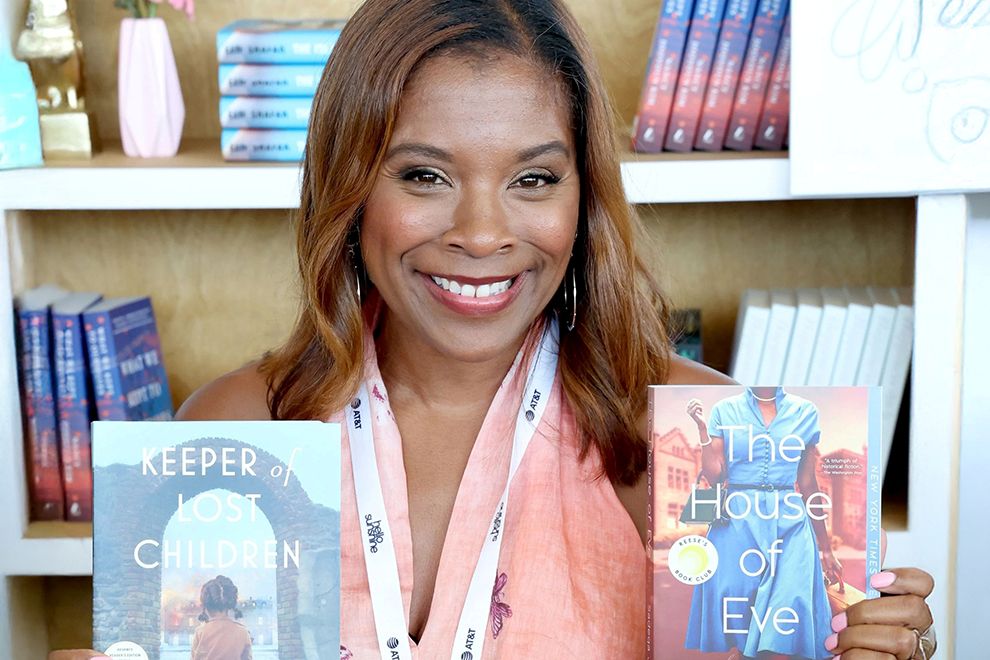 Psychologist Carl Jung said, “If there is anything we wish to change in the child, we should first examine it and see whether it is not something that could better be changed in ourselves.” More often than not, our children’s behavior is the result of a self-fulfilling prophecy, which is why we worry so much about it in the first place. To Raise Happy Kids, Put Your Marriage First argues, “We can spot our own faults more easily in others than in ourselves. What irritates us most about others is often a fault we actually possess in our own character.”
Psychologist Carl Jung said, “If there is anything we wish to change in the child, we should first examine it and see whether it is not something that could better be changed in ourselves.” More often than not, our children’s behavior is the result of a self-fulfilling prophecy, which is why we worry so much about it in the first place. To Raise Happy Kids, Put Your Marriage First argues, “We can spot our own faults more easily in others than in ourselves. What irritates us most about others is often a fault we actually possess in our own character.”
Code explains that parents need to stop overreacting or denying the problem’s existence; rather acknowledge and define its consequences. Start by tracing it back to its roots in your family history. Code provides this fabulous anecdote of martyrdom, which helps readers understand how we not only share our ancestors physical characteristics but also their knee-jerk reactions as well. “In essence, you’re retrenching the neuronal pathways that were carved into your brain as a child by your family’s imprinting process.” By noticing a pattern, researching its origin as many generations back as possible, and getting clear on how you play a role in your family, you will get a “chance to fix the cause of your life’s drama, rather than just flailing at the symptoms.”
The next step is to view your child’s problem as a sign of anxiety in you or your marriage. “Have you ever come home tense from work and snapped at your kid?” Code maintains that’s an obvious example of the phenomenon he’s describing. “There are a thousand subtle ways that we unknowingly spray our stress and anxiety onto our spouse and children.” In other words, it’s the reason why your kids have a crisis as soon as you get on the phone. Code claims, “The problems show up because it is the worst possible moment.” Until we take responsibility for our own drama, problems will persist.
Code believes the solution lies in the answers to the following questions: Who inspires us in life? Is it the people who were dealt a great hand and played it well? Or is it the people who were dealt a worse hand than you, and played their hands like a champ? “A poker player will tell you that any hand’s a winner and any hand’s a loser; it’s all about what you do with what you’ve got.”
The reality is that we all have excellent “reasons” why our life may not have turned out exactly as planned. But, as Code reminds us, wasting time and energy blaming others, recalling obstacles, and dwelling on unlucky breaks prevents us from making progress. Whether you want your kid to be more assertive, more social, or more focused, then Code argues you need to take Carl Jung’s words to heart. “Children are educated by what the grown-up is and not by his talk.”




